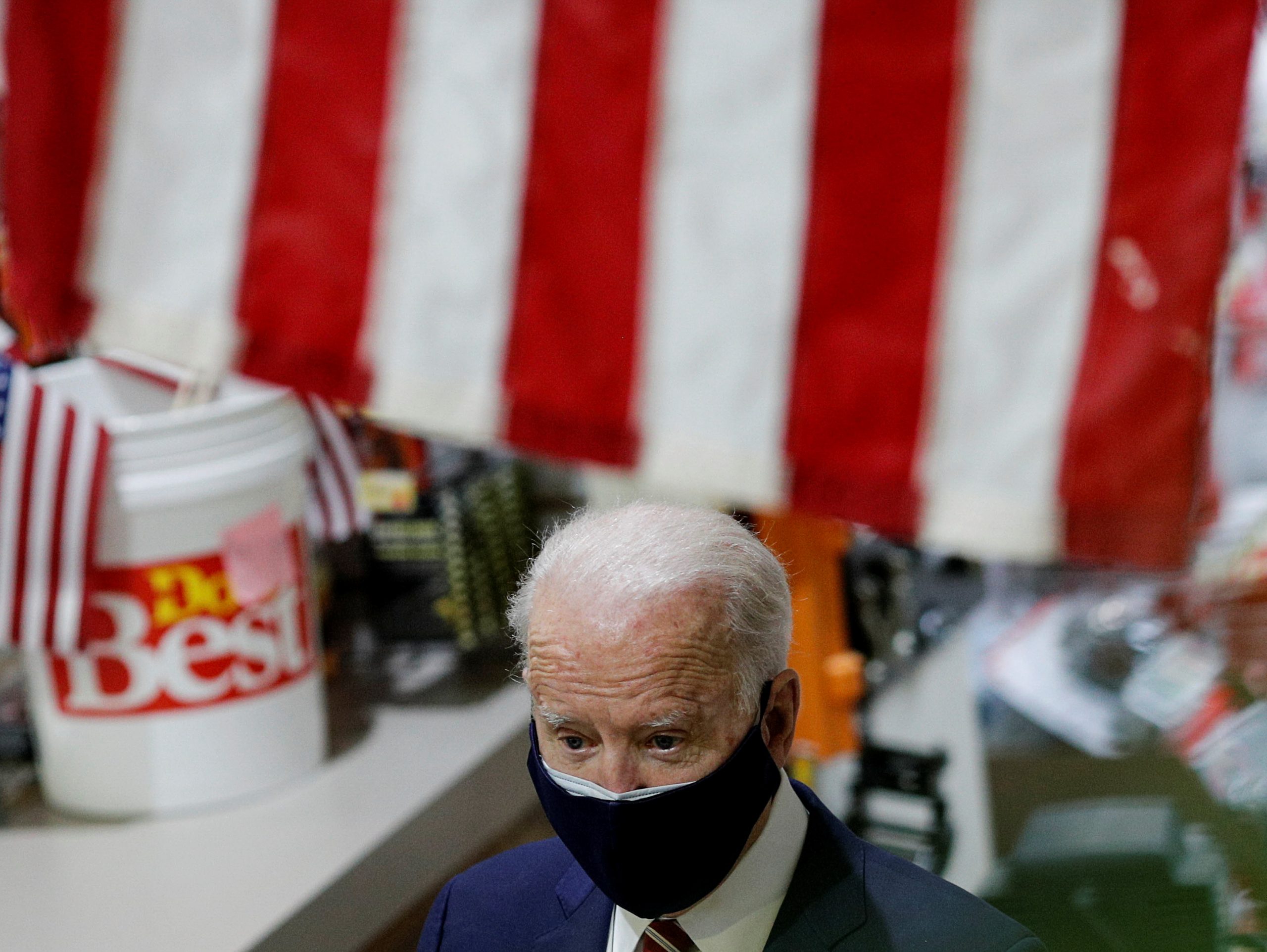After fears of inflation led to jittery stock markets on Tuesday, a federal report on Wednesday said prices are rising even faster than the experts predicted.
Inflation in April accelerated at its fastest pace in more than 12 years, the Labor Department reported Wednesday. The Consumer Price Index, which measures the costs of a range of goods and services and includes energy and housing costs, rose 4.2 percent from last April, according to CNBC.
A Dow Jones survey had led to expectations of a 3.6 percent increase.
After sliding Tuesday on fears of inflation, the Dow Jones Industrial Average tumbled 500 points Wednesday morning once those fears were confirmed, according to CNBC.
An increase in inflation means that prices for goods are rising. Without wage increases, workers can buy less with their paychecks. As consumers are faced with rising prices, they buy fewer goods, which can lead to an economic slowdown.
The massive amount of money pumped into the economy through the economic stimulus measures is one factor cited for fueling inflation.
“With China and the U.S., the world’s two largest economies, showing signs of rising inflationary pressures, investors are getting nervous,” Sophie Griffiths, a market analyst at Oanda, wrote in a Tuesday note explaining why inflation matters to the markets, according to Forbes.
“The overriding fear is that pandemic stimulus combined with reopening economies will spark a sharp drive high in inflation, forcing central banks to take action, tightening policy and potentially slowing down the economic recovery,” Griffiths said.
“Arguably, the only reason stimulus has even been possible is because there has been no inflation. If inflation comes back, all of the safeguards investors have been given … will [dissolve],” Thomas H. Kee Jr., the CEO of Stock Traders Daily and a portfolio manager at Equity Logic, told Marketwatch.
He called inflation a “worst-case scenario” for stocks.
Investors, he said, “have been given free money by the government, stimulus programs are in full effect, and investors don’t perceive any risk at all. That is the most dangerous thing!”
Although inflation increases from time to time, some are worried it may not fade away quickly.
“’The recovery in demand coupled with the supply disruptions across the world are raising fears’ that the jumps in inflation reported over the next few months ‘may not quickly reverse,’” Henry Ward, an analyst at HSBC, wrote, according to The New York Times.
“Commodity prices from lumber to oil are rising and house prices continue to hit new highs.”
Economist Lawrence Summers said that massive spending of the kind proposed by President Joe Biden could make inflation even worse.
“[T]here is a chance that macroeconomic stimulus on a scale closer to World War II levels than normal recession levels will set off inflationary pressures of a kind we have not seen in a generation, with consequences for the value of the dollar and financial stability,” he wrote in a February column for The Washington Post.
Summers said a rise in inflation is not a sure thing, but said that “given the commitments the Fed has made, administration officials’ dismissal of even the possibility of inflation, and the difficulties in mobilizing congressional support for tax increases or spending cuts, there is the risk of inflation expectations rising sharply.”
This article appeared originally on The Western Journal.

























 Continue with Google
Continue with Google